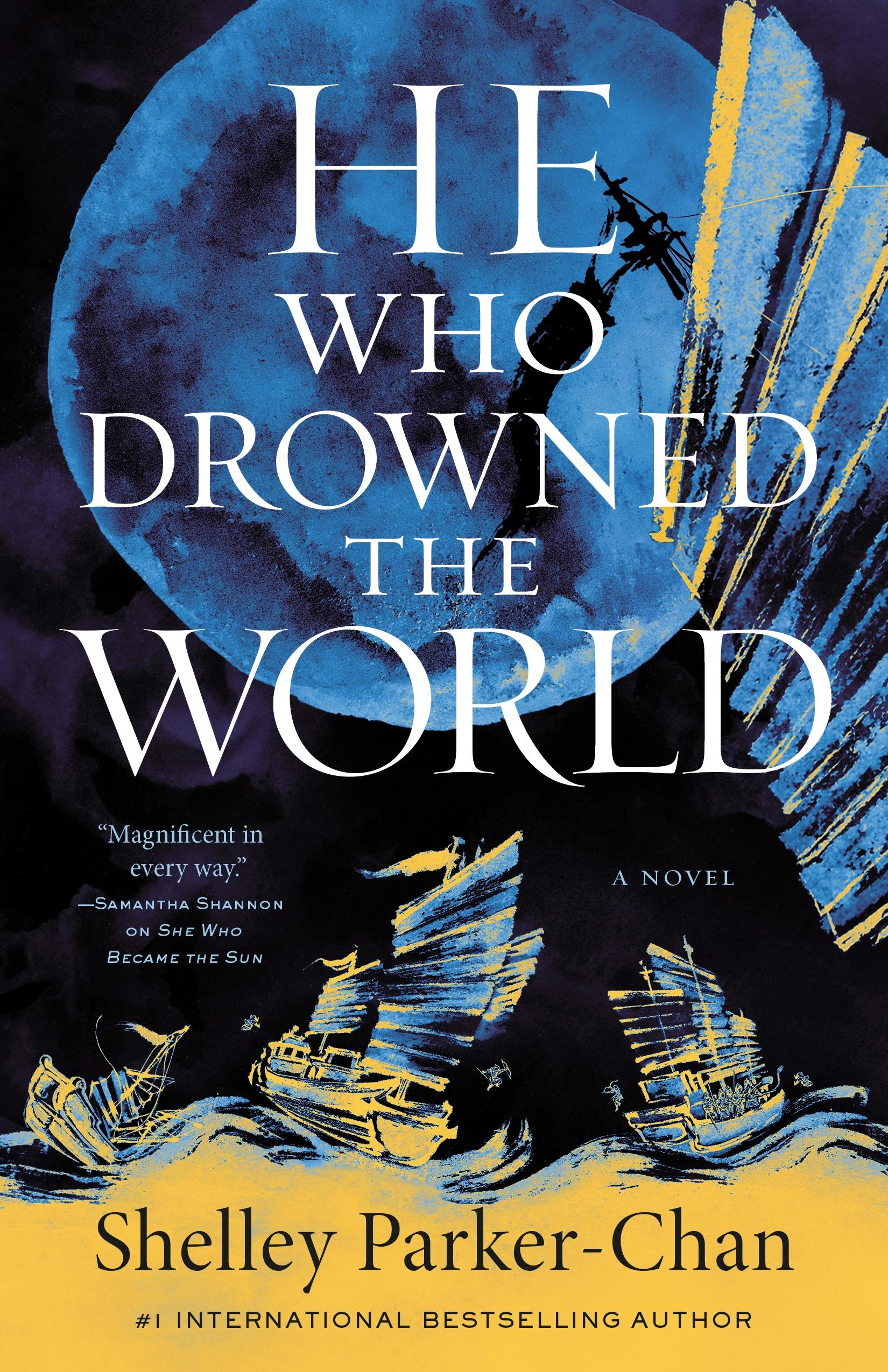Eliza Raine is different than the other girls who attend the Manor School for Young Ladies in York. She's the daughter of an Englishman and an Indian mother, a woman who was not formally wed, and when she returned to her father's home country as a little girl, it was a fact she was made distinctly aware of. Only fourteen, she keeps to herself at school, isolated in a room by herself, away from the other bedrooms. But when Anne Lister arrives -- charismatic, fearless, bold Anne -- Eliza's world is turned upside down and, as the two girls grow up, their relationship will leave indelible marks on them both.
Anne Lister is considered one of the world's "first modern lesbians." She was, as I described her in this book's summary, bold and charming -- a true go-getter in every sense of the word. While there have been quite a few adaptations and books revolving around her life (including the wonderful and critically acclaimed Gentleman Jack, which has managed to bring her into cultural consciousness), few have made little more than a passing mention to her education at a school York, where, at only fourteen, she fell in love for the first time with another girl. This girl has, for the most part, faded from history: Anglo-Indian, the daughter of a doctor, and someone who paid the price for daring to be fearless, something that whiteness and wealth seemed to protect Lister from.
Eliza is our narrator, and we alternate between passages of her memories of them as schoolgirls, and her letters written to Anne some ten years later. At first, as a fourteen year old child, Eliza is hesitant, doing her best not to get any marks at the Manor, keenly aware of the fact that while her compatriots may get away with some things because of their whiteness and privilege, she will not. She stays in a room by herself, sequestered away on the other end of the building, never quite sure if it was intentional or merely because of convenience. Her life suddenly becomes interesting, however, with the entrance of Anne -- and if, like me, you've read about Eliza and Anne before, you might have an idea where all of this is going.
Donoghue is truly a master at her craft. She so effortlessly and seamlessly weaves together true emotion, humor, and something quite heavier, all while spinning together such beautiful sentences that I sometimes had to pause just to appreciate them. Perhaps it comes from years spent perfecting her writing, but there surely has to be something else, something innate, that makes her so damn talented. She is an expert at capturing whatever time period she's writing about, and it's obvious that she does very intensive research. As you might expect from the novel's plot, there are many heavy topics addressed here -- sexism, racism, homophobia, and more -- and Donoghue does it with both a sense of how important they are, and sometimes with a little tongue-in-cheek.
In particular, though, the racism that Eliza experiences is very thoughtfully dealt with, and I think Donoghue does an excellent job of showing us just how much white privilege allows Anne to get away with what she does. Anne, of course, faced many challenges throughout her lifetime, and as a butch lesbian in the nineteenth century, her obstacles are nothing to be sneered at, but the juxtaposition of Eliza's life with Anne's makes a clearcut display of how wealthy white people are allowed to be eccentric, or different, without losing their liberty.
Another element I must compliment is that Donoghue does not romanticize Anne. If you've read her journals or studied her life to some degree, it becomes obvious that Anne was many things, but she was not often kind, nor was she very self-aware. She could be avaricious and cruel, and more often than not, she discarded her many lovers with seemingly little care to their feelings or the impact on their futures. Not to say that there weren't many good things about her, but it's nice to see this realistic, flawed portrayal of her, something like the real person. Eliza, too, has her flaws, and the characterization and development is yet another reason why Learned by Heart was a five star read for me.
Ultimately, the storyline here is tragic, and I was moved nearly to tears by the end. This book is beautiful, and wrung real emotions out of me. Because of Donoghue's decision to uplift the voice of a woman who was silenced in real life, I will always remember Eliza Raine.
Highly, highly recommended -- get yourself a copy as soon as you're able.



